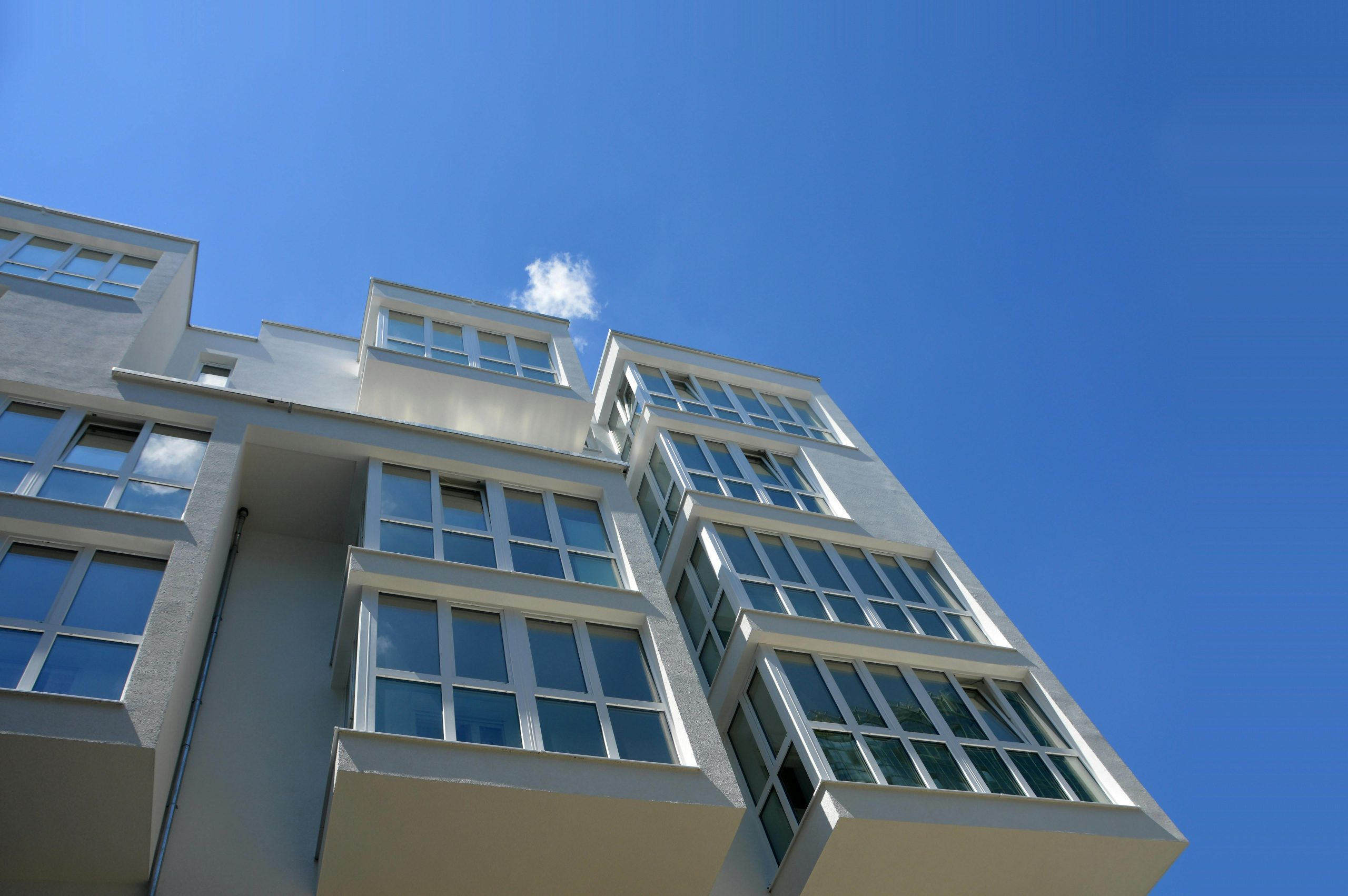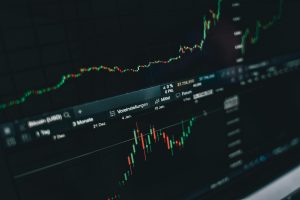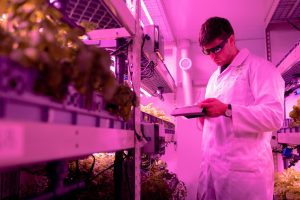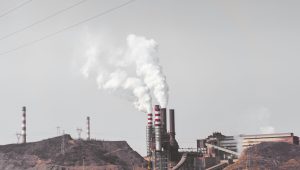Urban Development: Shaping Future Living Environments
The world is undergoing rapid urbanization, with more people moving to cities to seek better opportunities and a higher standard of living. This trend has put immense pressure on urban areas to accommodate the growing population and to develop urban spaces that are more sustainable, efficient, and livable. As a result, urban development has become a critical aspect of shaping future living environments. In this article, we will delve into the concept of urban development and its impact on the future of our cities.
The Evolution of Urban Development
The term “urban development” refers to the planning, design, construction, and management of urban spaces. It encompasses both physical and social development, with the aim of improving the quality of life for residents. Urban development has come a long way since the ancient civilizations, where urban centers were developed primarily for defense and trade purposes.
During the industrial revolution, urban development shifted towards accommodating the growing population and industrialization. This led to the development of basic infrastructure, such as roads, water supply, and sanitation systems. However, these developments were often unplanned and lacked consideration for the natural environment and social needs of residents.
In the 20th century, urban development took a more comprehensive approach with the introduction of urban planning and zoning regulations. The focus shifted towards creating livable communities with access to basic amenities, public spaces, and transportation networks. This period also saw the rise of modernist architecture, which aimed to create functional and efficient urban spaces.
The Current State of Urban Development
Today, the world is experiencing an unprecedented rate of urban growth, with more than half the world’s population living in cities. This rapid urbanization has brought about a range of challenges, including overcrowding, resource depletion, pollution, and social inequality. These challenges have forced a shift in the approach to urban development, with a greater emphasis on sustainability and inclusivity.
One of the major trends in urban development is the concept of smart cities. Smart cities use innovative technology and data-driven solutions to address urban challenges and improve the quality of life for residents. This includes initiatives like smart energy grids, intelligent transportation systems, and digital governance.
Another trend is the focus on mixed-use developments, which aim to create more sustainable and integrated communities. Mixed-use developments combine residential, commercial, and recreational spaces, reducing the need for long commutes and promoting a more balanced lifestyle. This also creates a sense of community and fosters social interaction.
The Impact of Urban Development on Future Living Environments
Urban development plays a significant role in shaping the future of our cities. It has the power to either promote or hinder sustainable growth, economic prosperity, and social equity. As we move towards a more sustainable future, urban development needs to incorporate principles of environmental responsibility, resource efficiency, and community engagement.
One of the key benefits of sustainable urban development is the reduction of carbon footprint. By creating green spaces, promoting renewable energy, and implementing sustainable transportation systems, cities can significantly lower their environmental impact. This not only helps combat climate change but also creates healthier and more livable environments for residents.
Moreover, sustainable urban development can also boost economic growth. By creating efficient and well-connected cities, urban development can attract businesses and investments, leading to job creation and economic prosperity. This, in turn, can improve the standard of living and reduce social inequality.











